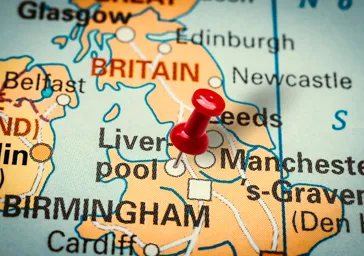Find A Verified Clinic
Trusted Microdermabrasion Experts, Local to You
Easily connect with qualified, verified professionals for safe, reliable treatment.

No verified clinics found near Westport.
Explore Clinics Near You on the Map
See exactly where verified Microdermabrasion clinics are located across Westport.
Zoom in, pan around, and click any marker to view each clinic’s profile, read reviews, and check their credentials before you book.

Your Microdermabrasion Questions
Real Questions from Real People, Answered
Straightforward answers to the questions people like you are asking right now about Microdermabrasion .

Be the first to ask a Microdermabrasion question.
Click here to ask your own question.
Stay Informed with the Latest Aesthetic News & Offers
Join our free newsletter to receive updates on the latest treatments, safety guidance, and exclusive clinic offers near you.
No spam, just expert insights and trusted advice from the UK’s leading aesthetics directory.

